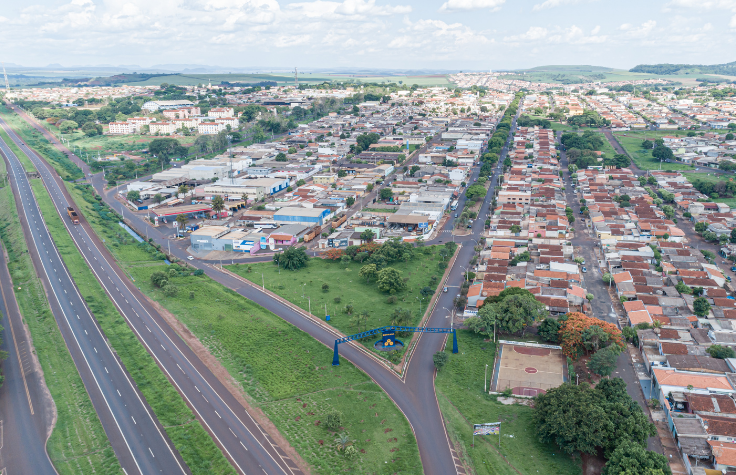
15 July 2021
Late this spring, life began to roar back in Serrana, a town in southeast Brazil. Friends and neighbors started gathering after a year of isolation. Hair salons and restaurants are seeing more and more visitors.
This semblance of normalcy in Serrana is owing to one of the many efforts of the Butantan Institute, a research center in São Paulo that supplies Brazil’s public health system with drugs and vaccines. Now, more than 95 percent of the adults in Serrana are vaccinated against COVID-19. In many ways, Serrana is a bright spot, albeit an anomaly, in Brazil, where cases in the rest of the country continue to rise and only about a quarter of Brazil’s population is fully vaccinated.
Since March 2020, the institute organized various activities to tackle COVID-19. First, they diagnosed infections and collaborated with the state of São Paulo to work through their backlog of specimens for testing. According to Maria Carolina Quartim Barbarosa Elias Sabbaga, the vice director of the Center of Scientific Development, the Butantan Institute has been testing about 20,000 samples every day.
In early 2021, researchers at the Butantan Institute underwent an ambitious initiative called “Project S” to vaccinate the adult population in Serrana. In July 2020, the institute had received approval to test the CoronaVac vaccine—initially designed by Sinovac, a biotechnology company in Hong Kong. Since then, the Butantan Institute received the technology transfer to produce and distribute the CoronaVac vaccine in Brazil. Although CoronaVac only has an efficacy of around 50 percent in preventing cases of severe COVID-19, mass vaccination in Serrana has reduced deaths from COVID-19 by nearly 95 percent.
That’s impressive, given that the P.1 variant has been the dominant form of the virus in Brazil and Serrana.
Scientists at the Butantan Institute are also tracking the spread of the virus by sequencing—an effort that has been enabled by Illumina’s genomic technologies.
“If we want to understand the pandemic, we have to sequence. It’s by sequencing that you understand the genome of the virus and the variants that circulate in a region, state, country in a given moment. If we don’t sequence, we have no idea what’s going on,” says Sabbaga.
Following vaccination, researchers at the Butantan Institute have been interested in surveilling breakthrough cases in Serrana. Scientists are also interested in surveillance to understand what variants are in the state of São Paulo, and perhaps may even scale this up to help surveil COVID-19 for the entire country of Brazil, says Sabbaga.
The Butantan Institute created a network to collect samples in different cities to track the spread of new variants. In March, the Butantan Institute and its partners brought on Illumina’s technologies, ranging from the NextSeq 2000 to the MiSeq. They also use Illumina’s COVIDSeq Test to track virus variants.
“We decided to use Illumina because it’s the gold standard,” says Sabbaga. So far, she and her team members have been satisfied with the accuracy of Illumina’s systems.
From continuing to sequence samples from vaccinated individuals in Serrana, Sabbaga and her colleagues at the institute showed that until now no new variants have emerged after vaccination. She is grateful that the tools at her and the institute’s disposal is enabling them to better understand the virus, and sees the utility of these tools in not only tracking COVID, but future infectious diseases.
To learn more about COVIDSeq for the NovaSeq 6000 and NextSeq series systems, click here.
For information on our new 96-sample Assay for the MiSeq, MiniSeq, and iSeq 100 systems, click here.
To read about identifying and tracking infectious disease threats, click here.


